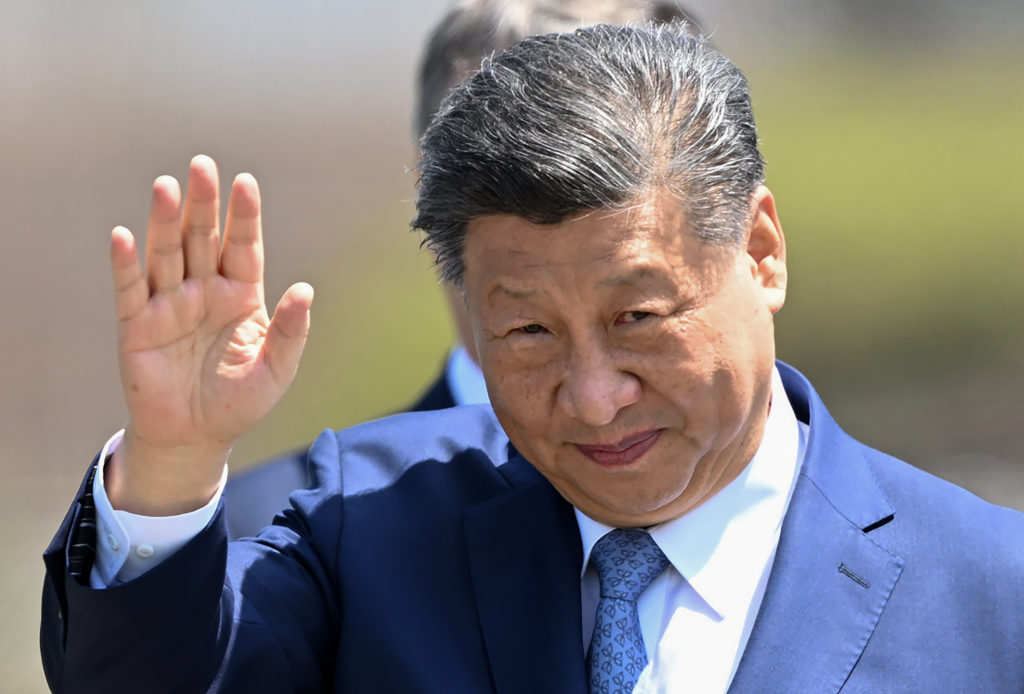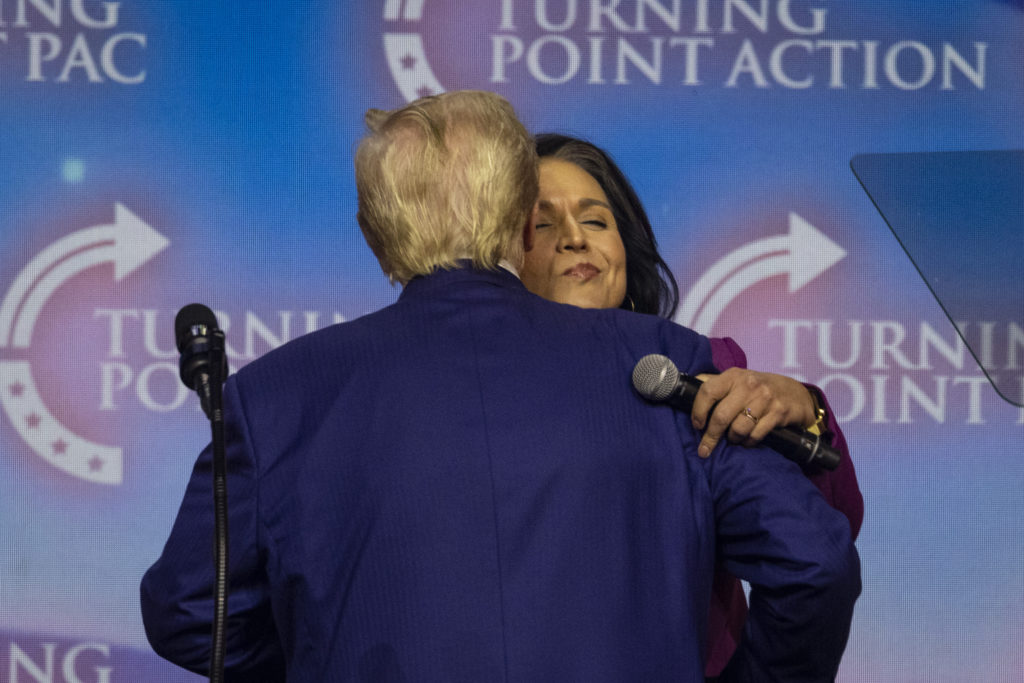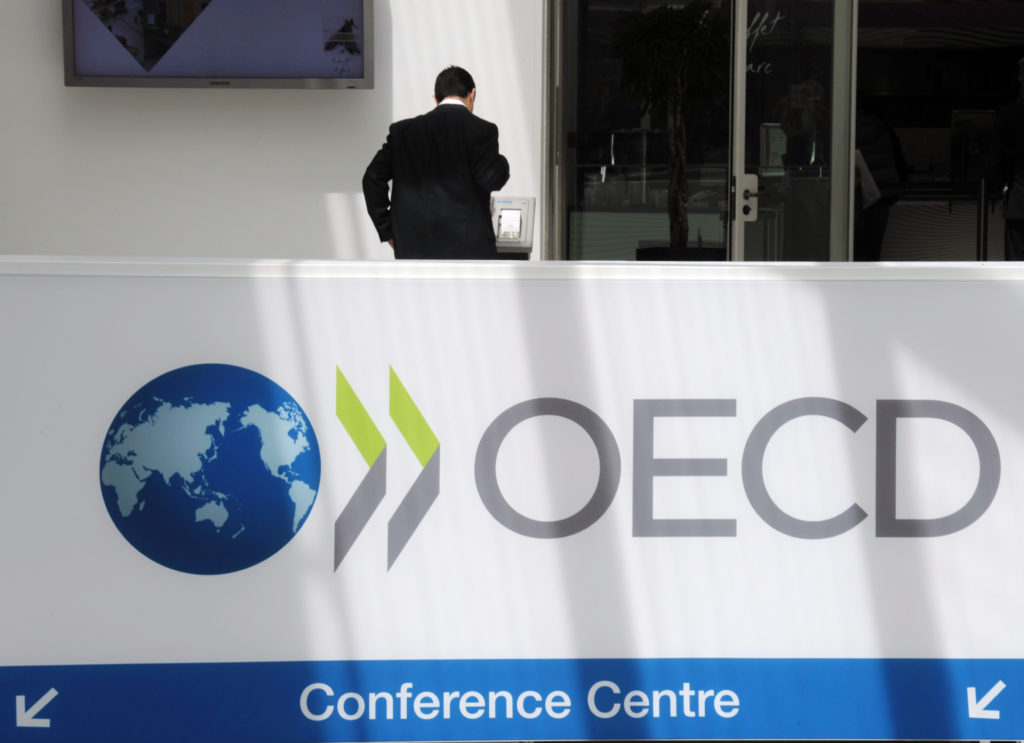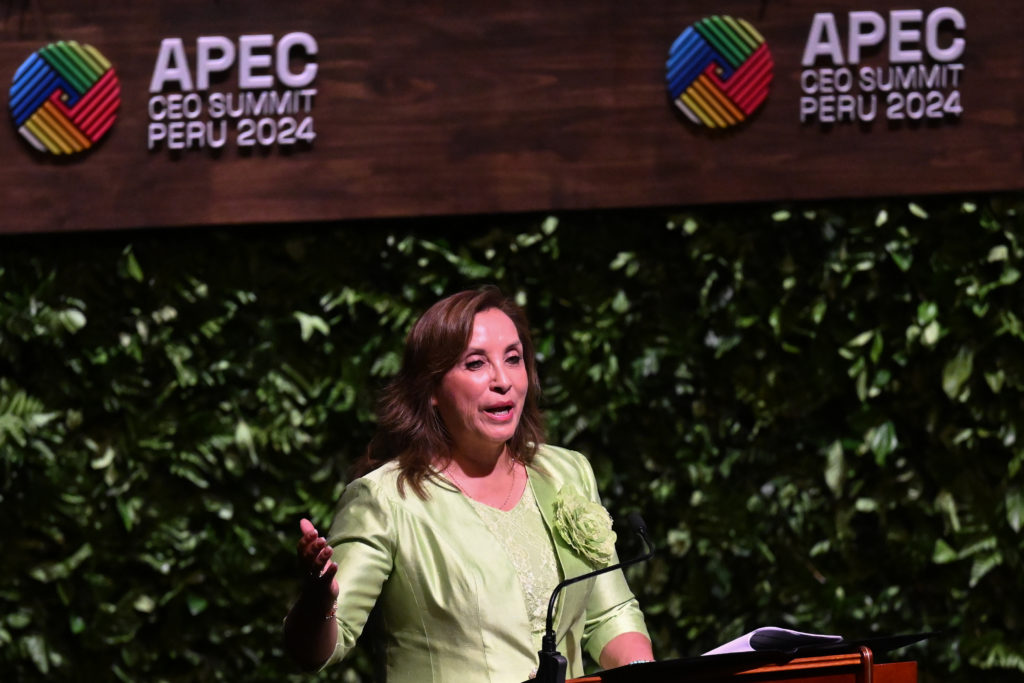France’s left-of-centre parties on Wednesday reached an alliance deal for June parliamentary polls, aiming for a strong enough showing to hinder President Emmanuel Macron’s controversial reform plans.
After talks dragged through the night past a Tuesday deadline, the Socialist Party (PS) fell in line alongside the Greens and the Communist Party (PCF) behind the hard-left France Unbowed movement (LFI), who emerged as the dominant force on the left in April’s presidential election.
“We want to elect MPs in a majority of constituencies to stop Emmanuel Macron from pursuing his unjust and brutal policies and beat the far-right,” the PS and LFI said in a joint statement.
The alliance must still be approved by the Socialists’ National Council on Thursday, with people close to the party leadership warning against viewing the vote as a foregone conclusion.
“No one on the left can win on their own,” PCF leader Fabien Roussel told France Inter radio, saying the new alliance needed to harness “the immense hope among the French public, among workers, among young people who are asking us to unite”.
A strong showing for LFI leader Jean-Luc Melenchon saw him miss out on the April presidential runoff vote by a whisker, while the other left candidates were all but wiped out.
After Macron’s win, Melenchon immediately called on voters to “elect him prime minister” and hand the left a National Assembly majority to block the centrist’s reforms, including an unpopular plan to push the retirement age back from 62 to 65.
A forced “cohabitation” between Macron and Melenchon would be the first in two decades, but observers say that such a scenario remains unlikely.
Like the presidential election, the legislative polls in France’s 577 constituencies work in a two-round system — meaning alliances off the bat offer the best chance of making it to the run-off.
A united left ahead of the parliamentary poll is “an unprecedented and important event”, political historian Gilles Candar told AFP — although he added that it remains to be seen whether it can secure power or remain coherent.
– Socialist ‘disappearance’? –
Major policy differences have kept negotiations among the left-wing parties tense throughout, with LFI’s proposal to unilaterally “disobey” the provisions of some European Union treaties a particular sticking point.
But the new allies have agreed on Melenchon’s core policy proposals, including raising the minimum wage, reducing the retirement age to 60 and rolling back labour market reforms introduced under former Socialist president Francois Hollande.
Hollande himself — in power just five years ago, before the storied party’s fall from grace — said Wednesday he would “turn down the deal, on substance and even on constituencies”.
He has previously warned the left-wing tie-up could amount to the “disappearance” of the Socialists.
But LFI lawmaker Manon Aubry said Wednesday that it was exactly their “important steps concerning Hollande’s legacy” that had allowed the Socialists to align with the rest of the left.
Behind the euphoria at overcoming the traditionally fragmented French left’s differences, the junior partners are eyeing how constituencies will be parcelled out between the parties, with each aiming to run on the united ticket in a maximum of “winnable” seats.
The final deal looks set to distribute around 100 constituencies to the Greens, 70 for the Socialist Party and 50 for the Communist Party.
With some Socialists refusing to stand down, former minister under Hollande Stephane Le Foll said he was ready to lead them in a separate campaign.
At least one Communist candidate, in a suburb of eastern city Lyon, has also said she will not make way for an alliance-backed replacement.
burs-ech/tgb/yad











